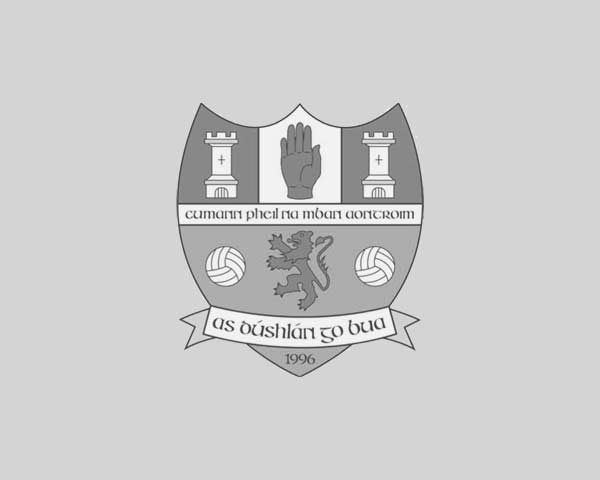CODA

A Guide to CODA
CODA is the Association’s Complaints, Objections, Disciplinary and Appeals process. It is governed in the LGFA rules by Part 3 of the Official Guide. This article is for information purposes only and the LGFA Official Guide can give a definitive explanation of the processes and procedures
Rights to Object, Complain, or Take Action
Members and clubs have the right to raise objections, make complaints, or take disciplinary action. A club or county can object to a player’s transfer or eligibility. A member can make a complaint about another member or a club. Clubs and counties can take disciplinary action against people or groups beneath them in the organisation.
Who Handles Issues
Each county, college, province, and central council must appoint a CODA — someone who deals with complaints, objections, and disciplinary issues. Clubs don’t appoint a CODA, but instead the chairperson appoints a Club Disciplinary Officer. That officer deals with matters inside the club and refers more serious ones to the Club Hearings Committee.
Hearings and Appeals Panels
Each county, province, and national level also has a Hearings Panel. From this panel, a Hearings Committee is picked to hear each case. There’s also an Appeals Panel, which handles appeals. Members of these panels can’t also be on the executive committee.
Investigations
Any matter can be investigated by the CODA or Club Disciplinary Officer. Objections can only be heard by Hearings Committees at county level or above. If a complaint or disciplinary issue can’t be sorted informally, it goes to a hearing. Appeals go to the next level up, except county appeals — these go straight to Central Council. There’s only one appeal allowed. After that, a member can challenge a decision with the Disputes Resolution Authority (DRA), but only on legal or procedural grounds.
Issues That Are Excluded
Some issues are not handled under these rules. These include:
- Employment disputes
- Allegations of child abuse (referred to outside authorities)
- Criminal matters (also referred outside)
- Anti-doping issues
- Competition administration
Sanctions and Suspensions
Sanctions can be imposed only by Hearings or Appeals Committees. These can apply to individuals, teams, or clubs, and include suspensions, bans, or expulsions. Suspended members can’t play, coach, officiate, or be on the bench during games. However, they can still train with their team and attend games.
Starting a Complaint or Objection
Complaints need to be made within seven days, with a €100 fee. Objections must be made within 48 hours of the game, also with a €100 fee. If a complaint goes to hearing, there’s a €300 fee, refunded if the complaint is upheld.
Hearings Procedure
Hearings follow a fair process. Both sides can call witnesses, make statements, and present evidence. Decisions are based on whether the complaint or allegation is more likely than not to be true. Referee reports and approved video footage are taken as strong evidence unless proven otherwise. Members under 18 must have a parent or guardian present at all times.
Appeals
Decisions can be appealed within three days. Appeals go to the next highest level and are full rehearings. After that, a person can apply to the DRA for arbitration, but only after all appeal options have been used. No member can take these matters to court.
Mediation
Mediation is encouraged before any hearing, and must take place if directed. The LGFA and the two parties share the mediation costs equally. Anything said in mediation is private and can’t be used in a later hearing.
Criminal Investigations
If a member is under criminal investigation, the Hearings Committee can suspend them if the situation could damage the reputation of the LGFA. Even if there’s no conviction, further action can still be taken once the legal case is finished.
Costs and Communication
Costs are kept with the person making the complaint or appeal. The committee cannot award costs to either side. Communication should be by email where possible. A read receipt or reply confirms delivery. Post is also allowed, with specific timeframes.


